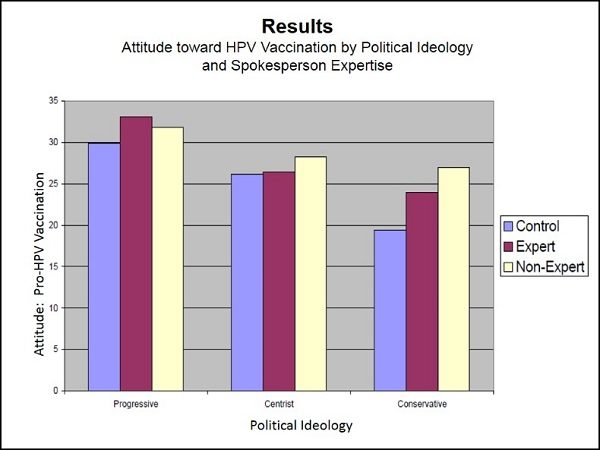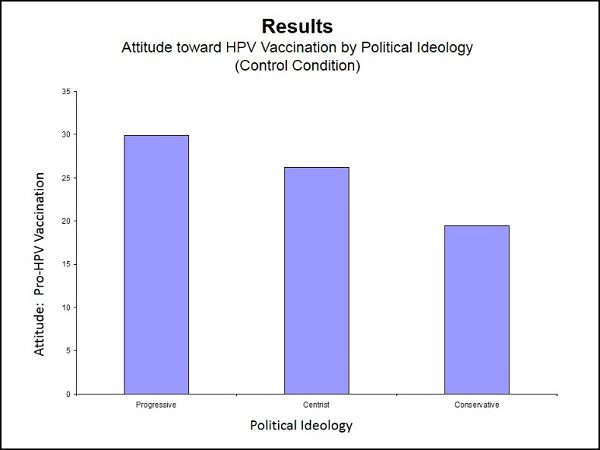WHAT KINDS OF PERSUASION STRATEGIES WORK BEST WITH YOUR TARGET AUDIENCE?
Who are the most persuasive messengers?
How can you persuade people who don’t want to listen?
Why don’t rational arguments seem to work?
How can you hope to influence people’s behavior when they won’t even do what’s best for themselves?
These are the kinds of questions that keep me up at night. They are the focus of my research, the problems I try to solve for my clients, and the core concepts of the courses I teach. What kinds of questions keep you up at night?
We are trained from infancy to resist persuasion.
Humans are persuasive animals by nature, and we have saturated our environment with persuasive messages, so the ability to resist persuasion is necessary for survival. But sometimes that resistance gets in the way.
Health care practitioners struggle to get patients to watch their diets, get their screenings, and take their meds on schedule. Meanwhile, hospital administrators now need to compete for the favors of physicians as well as donors as sources of revenue.
Politicians give most of their persuasive speeches to people who already agree with them. No wonder, when no one on the other side of the aisle seems willing to listen. Meanwhile, the only people willing to compromise are those who haven’t been paying attention.
Advertisers are getting cleverer and cleverer at intruding on consumers’ most private thoughts and spaces, but meanwhile, consumers are more and more determined that they will not be influenced by advertising. So naive!
Parents and Teachers have so much valuable information and experience to offer, but their lectures fall on ears that range from deaf to defiant. And the feeling is often mutual.
We all strive to be masters and mistresses of reason. It is our duty to be ever vigilant, the captains of our fates, the deciders-in-chief of our lives.
And for about 5% of our waking lives, we really do pay attention.
My research is mostly focused on the other 95% of the time. If you need to influence people’s behavior, it’s helpful to remember that they spend most of their time on autopilot.
My work starts with a foundation of research and focuses on achieving measurable behavioral results. After all, if you can’t measure it, how can you know how to do it better the next time?
If you have read this far, then you’re probably ready for the question that should be the start of every persuasive communication project:
Who do you want to do what?
Poke around on this web site and you may find some ideas you can use or build on. If you’d like some more ideas, or if you just want to bang some around, feel free to get in touch.




